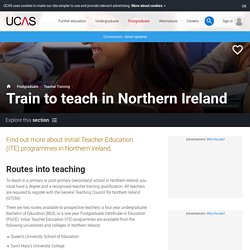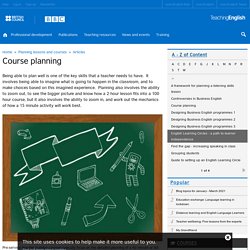

Job Hunting & Interviews. Before the interview Research the organisation and find out who will interview you.

Practise your responses to questions, based on the job description and person specification. If you want to practise answering interview questions you can call our helpline on 0808 802 0002 (Mondays to Fridays, 10am-12noon and 6pm-8pm) and we’ll practise with you. Or, reach out for help on our Facebook group, a brilliant source of support and information.
Check out the website www.scenariaid.com It has free video simulations to help people who stammer practise different speech situations, including job interviews. At the interview Make a good first impression. You may have decided to tell the interviewer that you stammer. Being nervous is OK. Don't be surprised if you're not asked further questions about your stammering at the interview. An interview is a two-way process. Watch this webinar from the US-based National Stuttering Association on job interview skills for people who stammer. After the interview. Curriculum Framework. Teaching in Northern Ireland - learn about teacher training. Routes into teaching To teach in a primary or post-primary (secondary) school in Northern Ireland, you must have a degree and a recognised teacher training qualification.

All teachers are required to register with the General Teaching Council for Northern Ireland (GTCNI). There are two routes available to prospective teachers: a four year undergraduate Bachelor of Education (BEd), or a one year Postgraduate Certificate in Education (PGCE). Initial Teacher Education (ITE) programmes are available from the following universities and colleges in Northern Ireland: Queen’s University School of Education Saint Mary’s University College Stranmillis University College The Open University The University of Ulster Applications and entry requirements All other applications are made directly to the relevant university or college. It’s likely there will also be some non-academic conditions you’ll need to meet before you can take up your place on the training programme.
Funding and support. Course planning. Pre-service teacher training courses typically focus on the detailed planning of a 40 minute or 60 minute lesson and don’t focus attention on how to go about planning a much longer scheme of work.

This is also an important area to consider though, because most teachers are involved in teaching courses, which may typically last anywhere between 30 and 120 hours. The aim of this article is to share some of the conclusions of a recent project I was part of, with the hope that it might enable other teachers to plan a little faster too! Why do we plan our lessons? I think that most teachers plan lessons in order to feel more confident in the class itself. If we know what we’re trying to achieve in the lesson, we are freed up to spend more time with the learners rather than worrying about our next step. When it comes to planning a whole scheme of work, it is important to ensure there is a balance of different skills work over the course.
Why, What and How? What about the ‘How’? Keeping it fresh. TeachingEnglish. Teacher training and education. National curriculum. Routes into teaching. Undergraduate Qualifications 3 Year courses The entry requirements for 3 year courses leading directly to Qualified Teacher Status (QTS) are normally a minimum of: GCSE Grade B or above (or equivalent) in English Language, English Literature, Welsh Language or Welsh Literature.

Where an equivalent to a grade B in either English Literature or Welsh Literature is achieved, a minimum of a grade C must be achieved in the corresponding GCSE examination in English or Welsh (First) Language. GCSE Grade B in Mathematics or Mathematics-Numeracy. Please see guidelines on B grade GCSE equivalencies, recommended by Higher Education providers in Wales.
For Primary, GCSE Grade C or above (or equivalent) in Science or a Science subject in Chemistry, Biology or Physics. At least 2 A levels or equivalent (see individual course requirements at Institutions for details). You must have the necessary qualifications before the start of the course. Postgraduate Qualifications Postgraduate Secondary Courses. Train to teach in Scotland. Get Into Teaching. Using Your Voice Effectively in Presentations and Public Speaking: Paralanguage Roller Coaster. Taking Care of your voice - Tips for teachers and other people who use their voice professionally. Adult Speech and Language Therapy - Volume and Projection.